 Chinese Vocabulary: Food & Drinks
Chinese Vocabulary: Food & Drinks
Start learning Chinese words related to food and drinks. Improve your language skills and enrich your vocabulary with this collection.
- 1
- 2

三明治
The Chinese word for 'sandwich' is '三明治'. It is often used in the same context as it is in English. It can refer to a meal consisting of two pieces of bread with meat, cheese, or other fillings between them, or to express this dish in places like restaurants, menus, food-related conversations and writings.
Example sentences with 三明治 →
乳房
The Chinese word for 'breast' is '乳房' (rǔ fáng). It is used in the same contexts as the English word, referring to the upper ventral region of an animal's torso, particularly that of mammals, including humans. It is often used in scientific, medical, or formal contexts.
Example sentences with 乳房 →
促销
The Chinese word '促销' literally translates to 'promote' and 'sell'. It is often used in the context of marketing, advertising, and sales to refer to promotional deals, sales offers, or marketing campaigns, similar to the English term 'promotion'.
Example sentences with 促销 →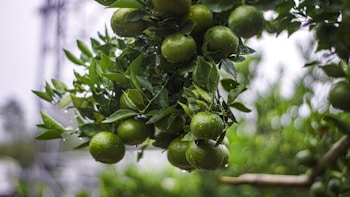
切片
The Chinese term '切片' mirrors that of 'slice' in English and is often used to describe the act of slicing something into multiple parts or a part cut off from a whole. It is most commonly used in the context of food preparation or computer programming to represent a subarray.
Example sentences with 切片 →
后悔
The Chinese word '后悔' refers to feeling sorry or sadness for something one has done or failed to do, just like 'regret' in English. It is used in similar contexts, whether in sentences such as 'I regret not going to the party' (我后悔没有去那个派对) or 'She regrets her decision' (她后悔她的决定).
Example sentences with 后悔 →
吸
The Chinese word for 'suck' is '吸'. It has a similar usage to English where it refers to drawing into the mouth by contracting the muscles of the lips and mouth to create suction. However, it turned more figurative senses than the English like to suck sb's blood, it means to exploit or overcharge someone.
Example sentences with 吸 →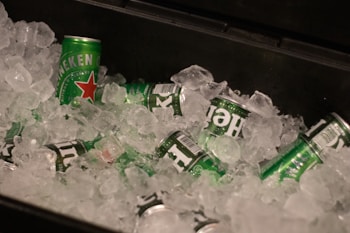
啤酒
In Chinese, '啤酒' refers to beer, an alcoholic beverage commonly made from water, barley, hops, and yeast. It is consumed in a wide range of social settings and is a staple in many cultural celebrations and traditions. It can be found in various restaurants, bars, and pubs in China, and it is traditionally consumed chilled.
Example sentences with 啤酒 →
喝
The Chinese word '喝' is commonly used to refer to the action of drinking any kind of liquid, similarly to the English word 'drink'. It can be used in a variety of contexts, for instance in '喝水' (Drink water), '喝茶' (Drink tea), '喝酒' (Drink alcohol). Moreover, it can also be used in expressions such as '喝彩', which means cheer for somebody or something.
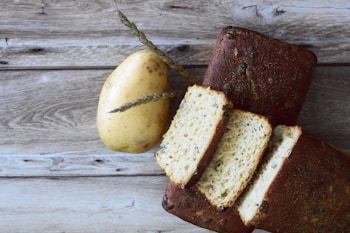
土豆
The Chinese word '土豆' literally translates to 'earth bean', which makes sense considering potatoes grow underground. It's commonly used in daily life and in many Chinese dishes, just like potatoes are used in many types of cuisine around the world.
Example sentences with 土豆 →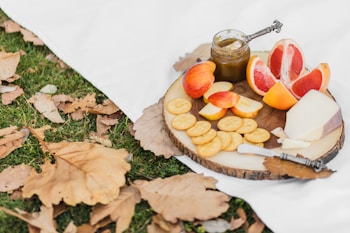
奶酪
The Chinese word for 'cheese' is '奶酪', pronounced 'nǎi lào'. It is not a traditional food in China and is often used in Western style dishes. It can be used in similar contexts to the English word 'cheese', such as in conversations about food, cooking, and dining.
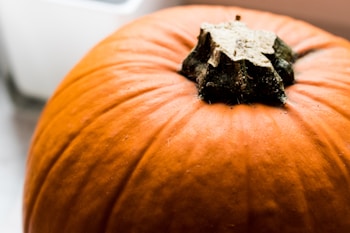
富有
In Chinese, 'rich' is translated to '富有' (Fùyǒu). This is generally used to refer to a person who possesses great material wealth. However, it can also be used metaphorically to describe something that is rich or abundant in another sense, like a rich history or a room rich with color.
Example sentences with 富有 →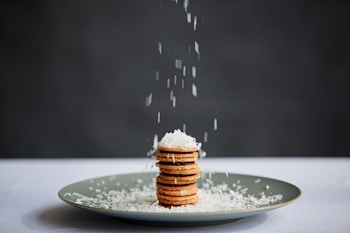
巧克力
巧克力 is used in Chinese in the same way as 'chocolate' is used in English. It is a popular sweet treat made from cacao seeds, often enjoyed in solid form or as a hot or cold drink. The term can refer to both the flavor and the physical product.
Example sentences with 巧克力 →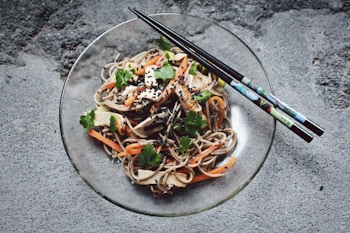
意面
The Chinese word for pasta is '意面' which directly translates as 'Italian noodles'. This term is used broadly to refer to different types of Italian pasta dishes in Chinese-speaking regions.

柔和
The Chinese word for 'soft' is '柔和'. It is often used to describe things that are soft to touch or soft in nature. For instance, it could be used to describe the texture of a pillow, a person's character or demeanor, and even the gentle nature of light or sound.
Example sentences with 柔和 →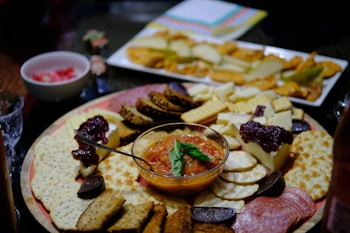
梨
The Chinese translation for the English word 'pear' is '梨'. This is a noun, typically used in the same way the English term would be used--to refer to the sweet or sour fruit. For example, you might use it when talking about your favorite fruits or asking if a store carries pears. It's a common word and would be understood by speakers of Mandarin Chinese.
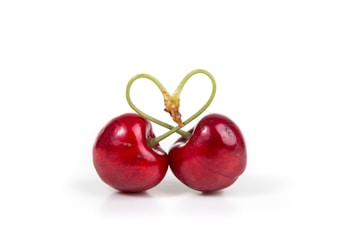
樱桃
The word '樱桃' is used to refer to the fruit known as cherry in English. In China, cherries are liked by many for their sweet and sour taste. They are often consumed fresh or used in cooking for making desserts or sauces. '樱桃' can also metaphorically refer to young, attractive women, somewhat similar to the English use of 'cherry'.
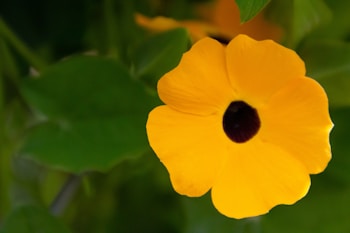
橙
In Chinese, '橙' is used to refer to the fruit and the color orange. Besides, it might be useful to know that the pronunciation and usage are almost similar to it's English counterpart. It's simple to use, you can say '这个橙子很好吃' for 'This orange is really tasty'.

水
In Chinese, the word '水' (shuǐ) means 'water', one of the essential elements for life. It is a common word used in a variety of contexts, such as describing the substance, in weather forecasting (雨水 - rainwater), in food and beverage items, and for expressing the concept of 'fluidity' or 'flow' (流动性 - liquidity).
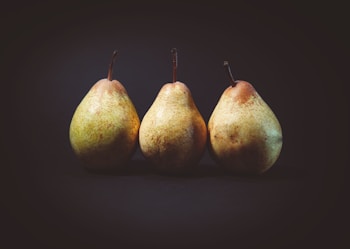
水果
This term refers to fruits in general. China has a wide variety of fruits available depending on the season.
Example sentences with 水果 →
汤
The Chinese word for soup is '汤'. It is used in sentences just as 'soup' is used in English, referring to a liquid dish often served hot that is made from meat, fish, or vegetables. Examples include 'I like tomato soup' translated to '我喜欢番茄汤' and 'soup of the day is chicken noodle soup' translated to '今天的汤是鸡汤面'.
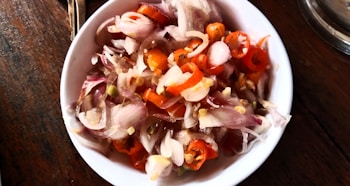
油
In Chinese, the word for oil is '油'. It is used in similar contexts as in English, such as cooking oil ('食用油'), motor oil ('机油') or oily ('油腻'). Chinese cuisine typically makes use of various types of oils for frying, sautéing, and other cooking methods.
Example sentences with 油 →
烟
The Chinese word for 'smoke' is '烟'. It is often used in the context of smoking cigarettes, atmospheric smoke from cooking or burning, and metaphorically to represent fog or mist. It can also be used as a verb to indicate the act of smoking, like 'smoking a cigarette'.
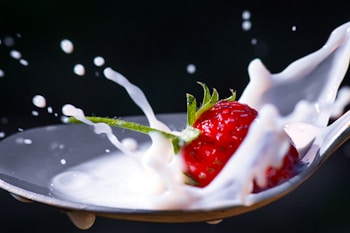
牛奶
In Chinese, milk is called '牛奶'. It is used to describe the white liquid produced by mammals for the nourishment of their young. This term is particularly used in food and drink context in Chinese. When ordering drinks at a cafe or tea shop, you might use this word. A standard cup of tea in China is usually served with '牛奶'.
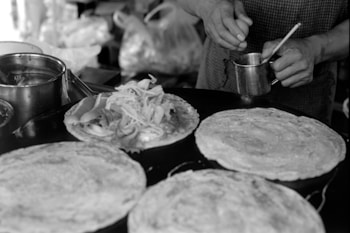
玉米饼
In Chinese, tortilla is translated as '玉米饼' which literally means corn cake. This word is used when referring to the thin flatbread often used in Mexican cuisine, made from finely ground maize (corn). '玉米饼' is a common food in Chinese-speaking regions and is often served with various fillings.
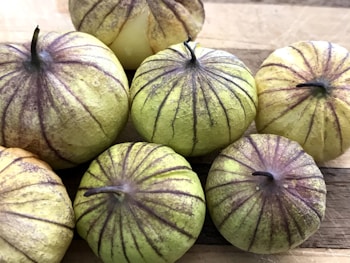
瓜
The Chinese word for melon is '瓜'. It can be used in different contexts to refer to various types of melons such as watermelon (西瓜), muskmelon (香瓜), etc. It is also often used metaphorically in expressions or idioms.

瓶子
The Chinese word for 'bottle' is '瓶子'. It is used the same way as it is in English, i.e., to refer to a container with a neck that is narrower than the body and a mouth that can be plugged, corked, or capped. It can be used in several contexts, such as a bottle of water (一瓶水), a bottle of wine (一瓶酒), etc.
Example sentences with 瓶子 →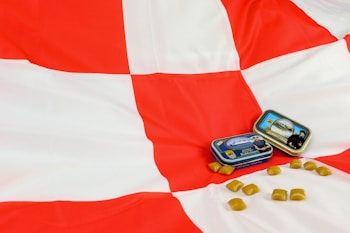
甜
The Chinese word '甜' is used to describe something that has a pleasant taste like that of sugar or honey. It can be used to describe food, drinks, or even to describe someone's personality or moments in life.
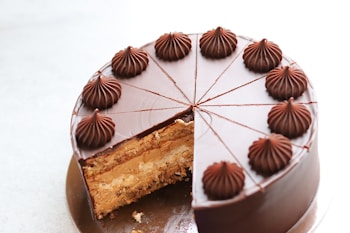
生的
The Chinese word '生的' is often used to describe food that is uncooked or is in its natural state. It can also be used to refer to something that is in its original, unaltered form.
Example sentences with 生的 →
盐
The Chinese word for salt is '盐' (yán). It is used in the same context as in English, it is a common seasoning used in food to enhance flavor.
Example sentences with 盐 →
盘子
In Chinese, plate is translated as '盘子' (pánzi). It is commonly used to refer to a dish or flat, shallow container from which food is eaten or served. Just like in English, it is used in various contexts relating to meals or servings.
- 1
- 2